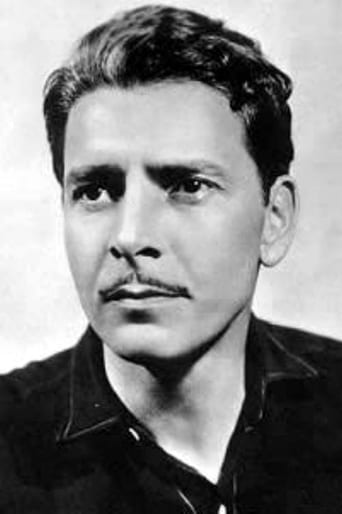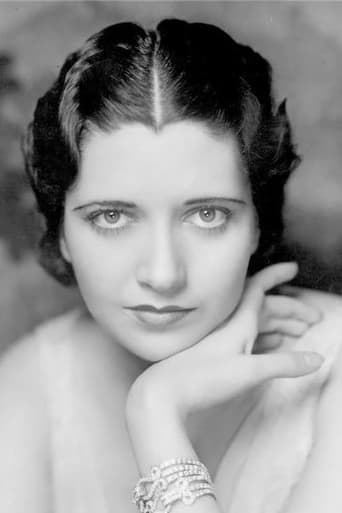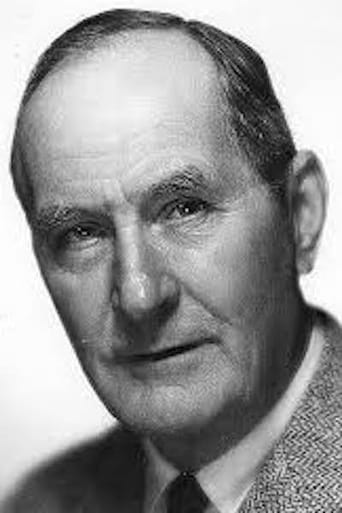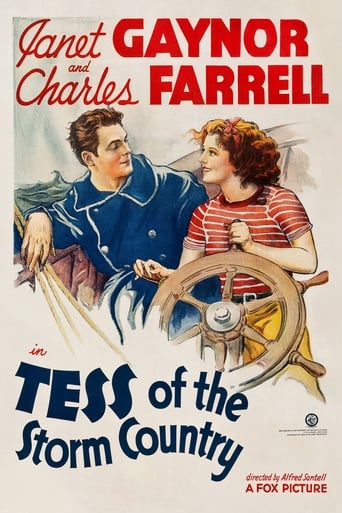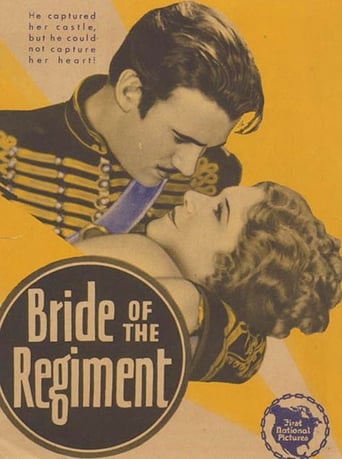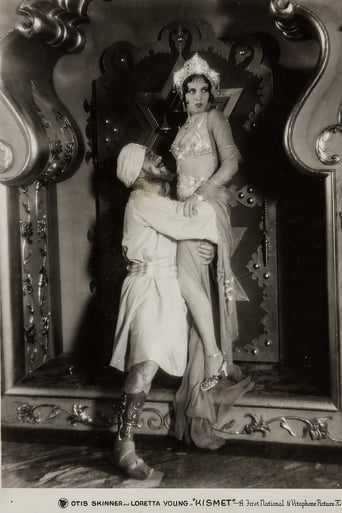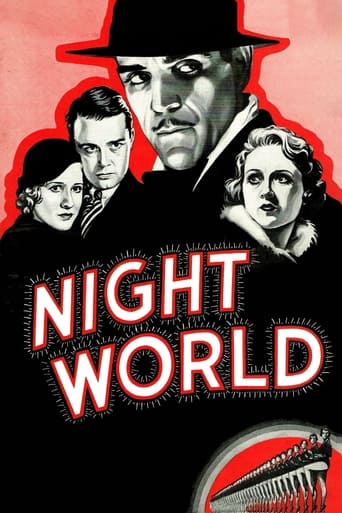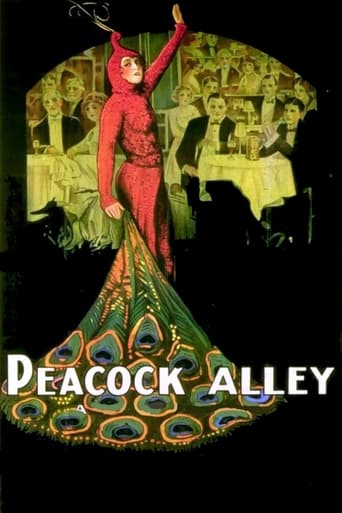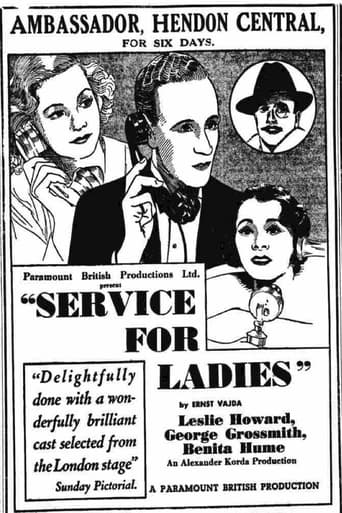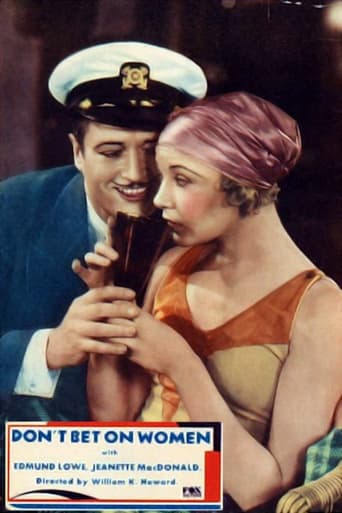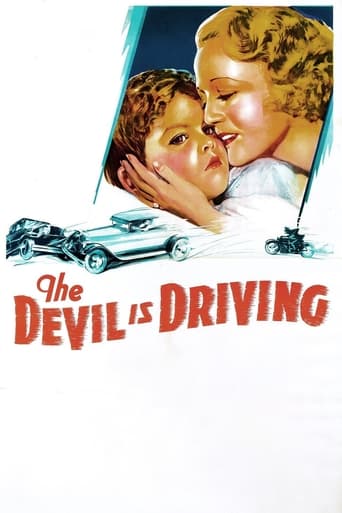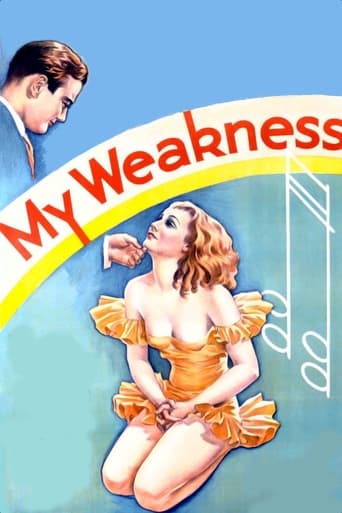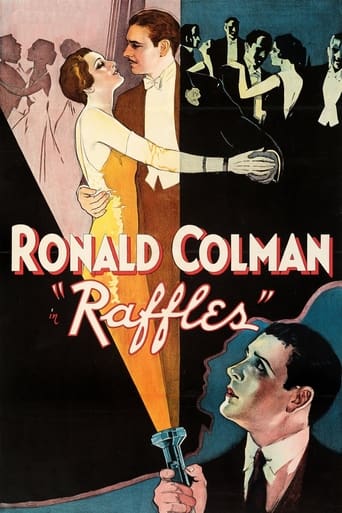
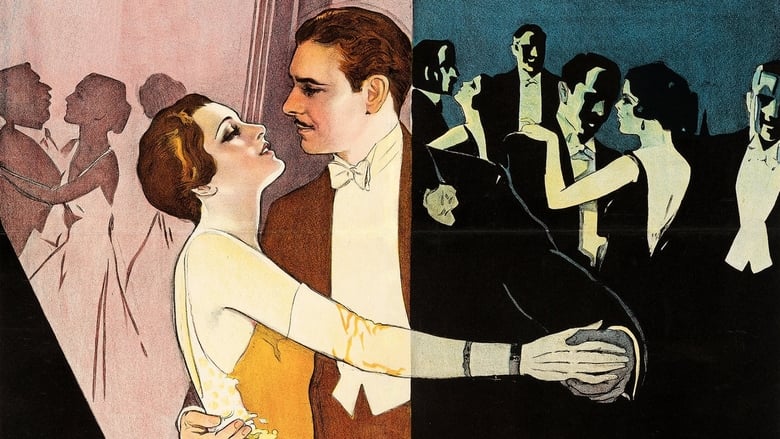
Raffles (1930)
A distinguished English gentleman has a secret life--he is the notorious jewel thief the press has dubbed "The Amateur Cracksman". When he meets a woman and falls in love he decides to "retire" from that life, but an old friend comes to him with a predicament that entails him committing one last job.
Watch Trailer
Cast
Similar titles
Reviews
Load of rubbish!!
Better Late Then Never
This is a small, humorous movie in some ways, but it has a huge heart. What a nice experience.
It is encouraging that the film ends so strongly.Otherwise, it wouldn't have been a particularly memorable film
Thus went the conversation between Ronald Colman's Raffles and the rich but vast and ageing Lady Melrose after he had courteously escorted her to her bedroom and the two hovered either side of the open door. The lady's expression, which went from bright expectation to annoyed disappointment, left no doubt what was happening. This was pre-Hayes Code and both here and elsewhere it was very obvious. Also the question of Raffle's morality. In the book, Raffles does give some kind of justification for his thieving - "the richly immoral robbing the immorally rich". He also never befriends soon to become victims. Here Colman blithely disregards all of this. The 1939 almost scene for scene word for word remake with David Niven was entirely cleaned up - but weaker and more colourless for it.I'm a great fan of the Raffles books. E W Hornung the author was not so well known as his brother in law, Arthur Conan-Doyle but was though alround a better writer. This film is engaging and quite exciting, brings together parts from different stories and the result is entertaining but in terms of story, thin and slap-dash. The adaptation is dominated by the requirement to continue/assist Ronald Colman's highly bankable screen persona as an elegant, humorous, charming pleaser of ladies.(Raffles in the book is too dedicated to be humorous or charming unless necessary in pursuit of crime). Here Raffles love interest, Kay Francis, is very passionate, unlimited in her devotion to him. Of the two other central characters, companion in crime "Bunny" Manders is reduced to an irrelevance. Curiously the third character in the trio - McKenzie, the "Scotch" detective - alone is the all-time definitive rendering of the character in the book - Raffles' feared Nemesis: dogged, doughty and determined. Indeed the adaptation gives him equal billing with his quarry. It's a joy to watch a character from the books so vividly and truthfully brought to life. Clearly whoever did the adaptation was more interested in and relished McKenzie more than the other two.All in all, a good entertainment.
The idea of an upper class 'Amateur Cracksman' who steals jewelry for a living has a romantic aura about it and should make for a better movie than "Raffles" turns out to be. The punch line of many scenes is telegraphed, the plot is simplistic, unadorned and full of holes and the ending is absurd.Ah, but it stars 'The Voice', Ronald Colman, and that makes all the difference. Colman and his mellifluous voice glide through every scene and anesthetizes an unbelievable story just by talking. Here he was at the height of his popularity as the dashing cricketer/thief and has as his leading lady Kay Francis, one of the loveliest stars of that era. She is unfortunately given little to do in a meager role as his fiancé. But there are some other Hollywood stalwarts in the cast, among them Alison Skipworth in one of her ditzy socialite roles and silent film bad guy David Torrence, a Scotsman with a thick Scottish accent, as the investigating detective. Also Bramwell Fletcher and Frederick Kerr, a very elderly gentleman I found delightful in "Waterloo Bridge (1930)" in the same blustery, old duffer-type role."Raffles" is uncomplicated and good fun, and about as deep as a dish of water, but worth your time to see and hear Colman say things - doesn't matter what, just listen to him talk. Thank TCM for dusting this one off.
As much as I've always revered Ronald Colman, this film just hasn't got it! By "it" I mean continuity...and common sense.Colman plays a gentleman jewel thief named Raffles, who decides to give up crime and marry Lady Gwen (Kay Francis). When Raffles' friend's debts mount up and he attempts suicide, Raffles plans one more jewel heist to provide him with finances to cure his money problem. He plans to steal the Melrose necklace, which was once the property of Empress Joséphine, but now belongs to a rather goofy old woman whose equally goofy husband walks as if he has filled his pants (Frederick Kerr). But, to screw up his heist plans, a gang of amateurish thieves are trying to steal the necklace at the same time. A Scotland Yard detective gets wind of their plot -- although the script never quite tells you how (a real oversight). But during the investigation of the theft, the detective begins to suspect Raffles. Up until this point, I found the movie to be quite poor. But then the love between Colman and Francis bring the movie to a more sophisticated level, and the tone of the movie changes, much for the better. Raffles returns his booty, then escapes and he and his lady head for Paris.Colman is as suave and sophisticated as ever, and perhaps gives the only modern performance in the film. Kay Francis, is good, although she was better slightly later in her career.This is worth watching...at least once, but it won't end up on my DVD shelf.
This first sound version of Raffles was one of those roles that Ronald Colman with his impeccable diction and British charm took a patent out on that only Robert Donat ever infringed on during their careers. Both of those guys did heavier acting roles than Raffles, Colman most certainly in A Tale of Two Cities, Random Harvest, and A Double Life. But Raffles was the kind of part that audiences really liked Ronald Colman in.Raffles is a celebrated cricket player and as such has entrée into all the proper British upper class homes of the between the two World Wars period. He also has an interesting sidelight as a thief, in his own way, admired even by the police for his skill at his craft as Cary Grant in To Catch A Thief. Colman has made up his mind to steal a valuable necklace from Alison Skipworth, but a rather nasty complication sets in in the person of Bramwell Fletcher a friend who seems to have written a check for far more funds than he has. Fletcher attempts suicide at Colman's apartment and Colman says he'll help.In this very short, barely over 70 minute feature film, Colman has the unusual task of, accomplishing his objective in stealing the necklace, avoid detection by the police in the person of amiable Scotland Yard Inspector David Torrence, help poor Fletcher out with his problem, and last, but certainly not least win the love of long time girl friend, Kay Francis. In a very cleverly written script Colman does accomplish nearly all, but the strength of Raffles is the telling of the tale of how he managed it all. Let's say that Colman is one clever guy who thinks very fast on his feet.Despite the well chosen supporting cast by Sam Goldwyn, Raffles is a film held together by the charm and personality of Ronald Colman. Much the same way as the 1939 version of Raffles that Goldwyn did is held together by David Niven. And if you're a Ronald Colman fan who like I could listen to him recite the Erie County Phone Directory, than Raffles is an absolute must for you.
